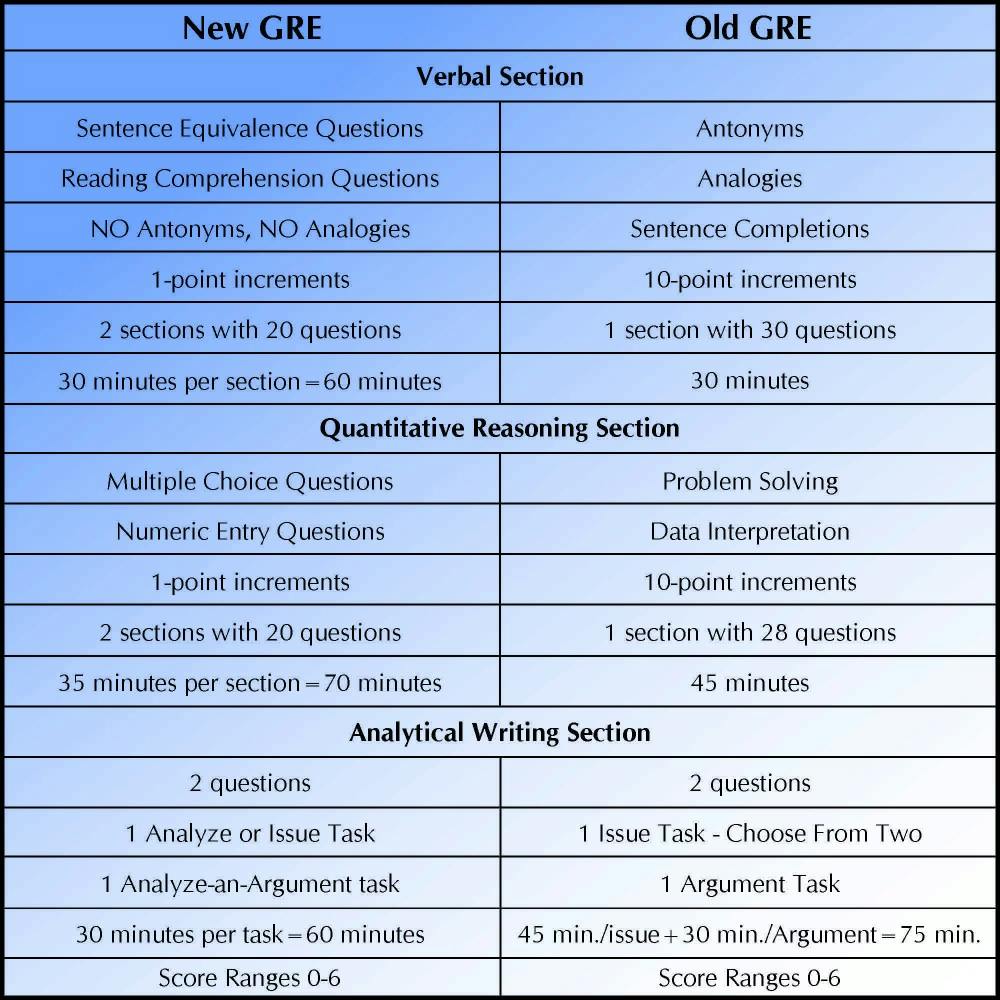Students who wish to obtain graduate degrees face more competition and more challenges since last year when applying and attending graduate school.
Terry Babbitt, UNM vice president for enrollment management, said he estimates graduate applications have increased nearly 2 percent and registration for new graduate students has increased nearly 5.5 percent since fall 2010.
But at a time when graduate degrees are becoming more important, students are facing more rigorous admissions tests and a political climate where funding for education is dwindling.
In August, the Education Testing Service announced changes to the Graduate Record Examination General Test (GRE), which is a critical component to many graduate applications.
“It’s important that students understand how rigorous this test is,” said Lee Weiss, Kaplan Test Prep’s director of graduate programs.
The new version of the general test will be four hours long and will include two math sections, two verbal sections, and two essays.
“The decision to revise the test was made several years ago,”
Christine Betaneli, manager of government and external relations for ETS, said. “It was done for the purpose of making the test more closely reflect the kind of thinking that test takers do and the skills they need to succeed in today’s graduate and business school programs.”
According to the ETS website, the test is also easier for ETS to score, which allows more simplicity in distinguishing performance differences between candidates.
While schools may find the more challenging test useful in selecting applicants, graduate student Tami Lynn said it could exclude qualified graduate school applicants without necessity.
“Standardized testing does not mean anything when it comes down to your education,” she said. “I think everyone should be able to go to grad school, and upping the testing is just making it harder for people to have that opportunity.”
Despite the difficulty, graduate professor Billy Ulibarri said earning a graduate degree is becoming increasingly important.
“The way I see it, more people have bachelor’s degrees now, which makes graduate degrees more valuable,” he said.
Get content from The Daily Lobo delivered to your inbox
The data supports this claim.
The unemployment rate is about 9.1 percent for people without graduate degrees, according to the Bureau of Labor and Statistics, but it is less than 4 percent for people with graduate degrees, and even lower for those with professional degrees and doctorates, according to a 2010 Politifact article.
Weiss said he agrees that earning a master’s degree is a great way to distinguish yourself and to earn more money over the course of your career.
“The average person with a master’s or a professional degree earns at least $20,000 a year more, on average, than a person with a bachelor’s degree,” he said. “At a time when it is so competitive to get a job and there’s so much competition from other countries, it’s a great way to differentiate yourself or to set yourself up for a great career.”
Meanwhile, for students who are able to beat out the competition, funding their education poses a challenge amid tuition hikes and budget cuts.
The deal US Congress reached last month to increase the debt ceiling by $2.1 trillion includes a provision that eliminates the federal Stafford loan interest subsidy for graduate students.
The interest subsidy, which prohibited student loans from accruing interest while students were in school, will be pushed forward on July 12 of next year. After that date, students won’t have to pay the interest on their loans right away, but the interest will increase, according to the provision.






